The Government of Niger and the Ministry of Public Health, Population and Social Affairs have developed their investment case for Reproductive, Maternal, Newborn, Child and Adolescent Health and Nutrition with the support of the Global Financing Facility. This...
Senegal Health Compact 2025 – Towards Universal Health Coverage
This document, published in 2025, materializes the moral, ethical and economic commitment between the government and its development partners, to effectively support the implementation of health and Universal Health Coverage policies.
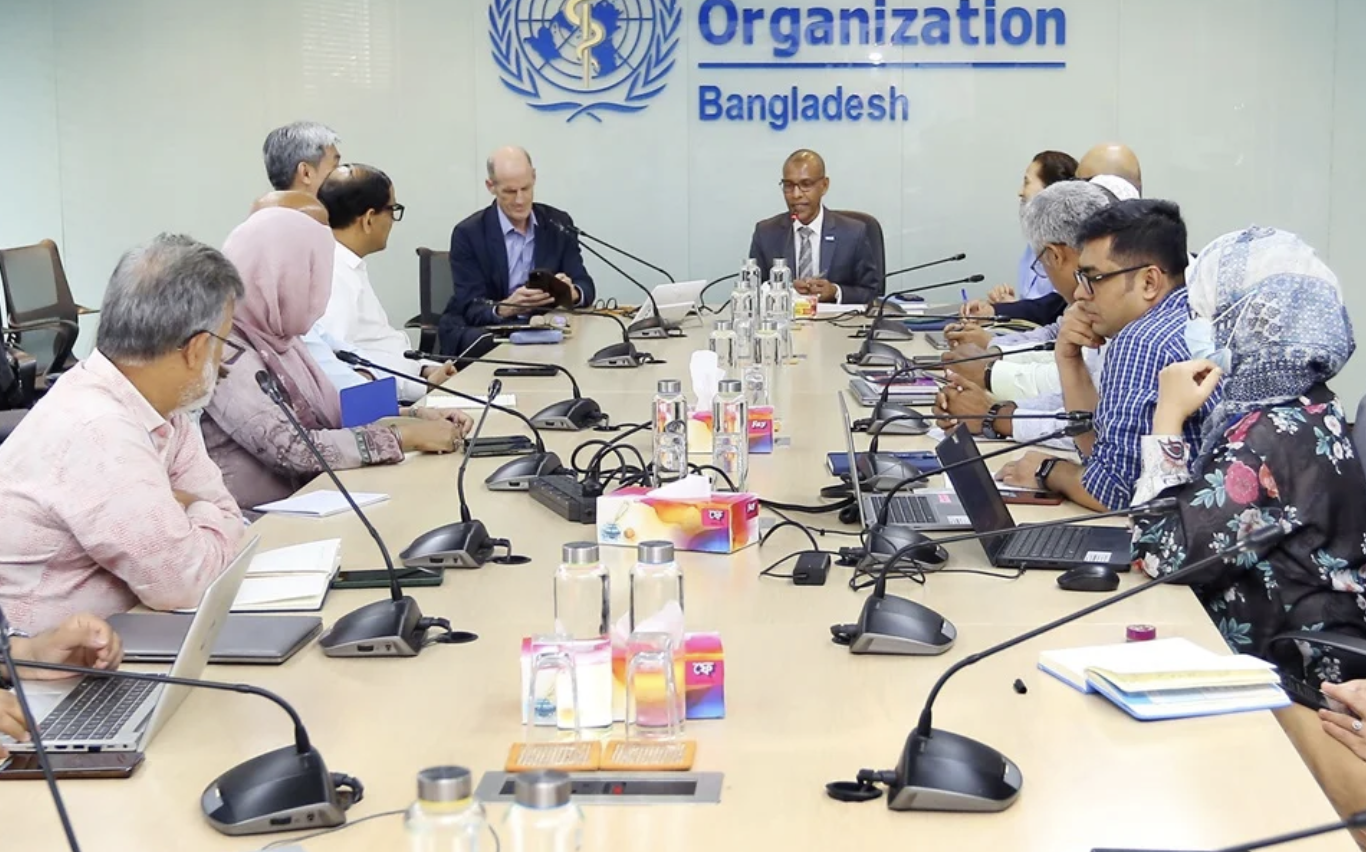
Shastha Chorcha Forum: Advancing Universal Health Coverage in Bangladesh
The second “Shastha Chorcha” by WHO Bangladesh gathered global and local health leaders to address challenges in achieving Universal Health Coverage. Emphasis was placed on innovation, leadership, community engagement, and collaboration for sustainable health...
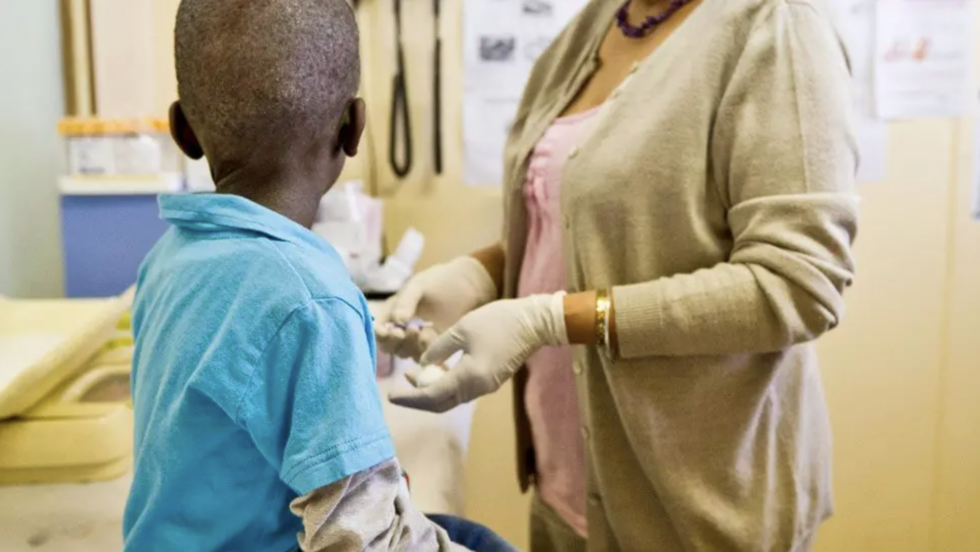
South Africa’s Treasury steps in after Pepfar cuts, boosts HIV funding and health infrastructure
South Africa’s Treasury has allocated R753.5 m (42.7M USD) to plug gaps in HIV/AIDS programmes following Pepfar funding cuts, while new research investments and health infrastructure projects are underway.South Africa’s National Treasury has committed R753.5 million...
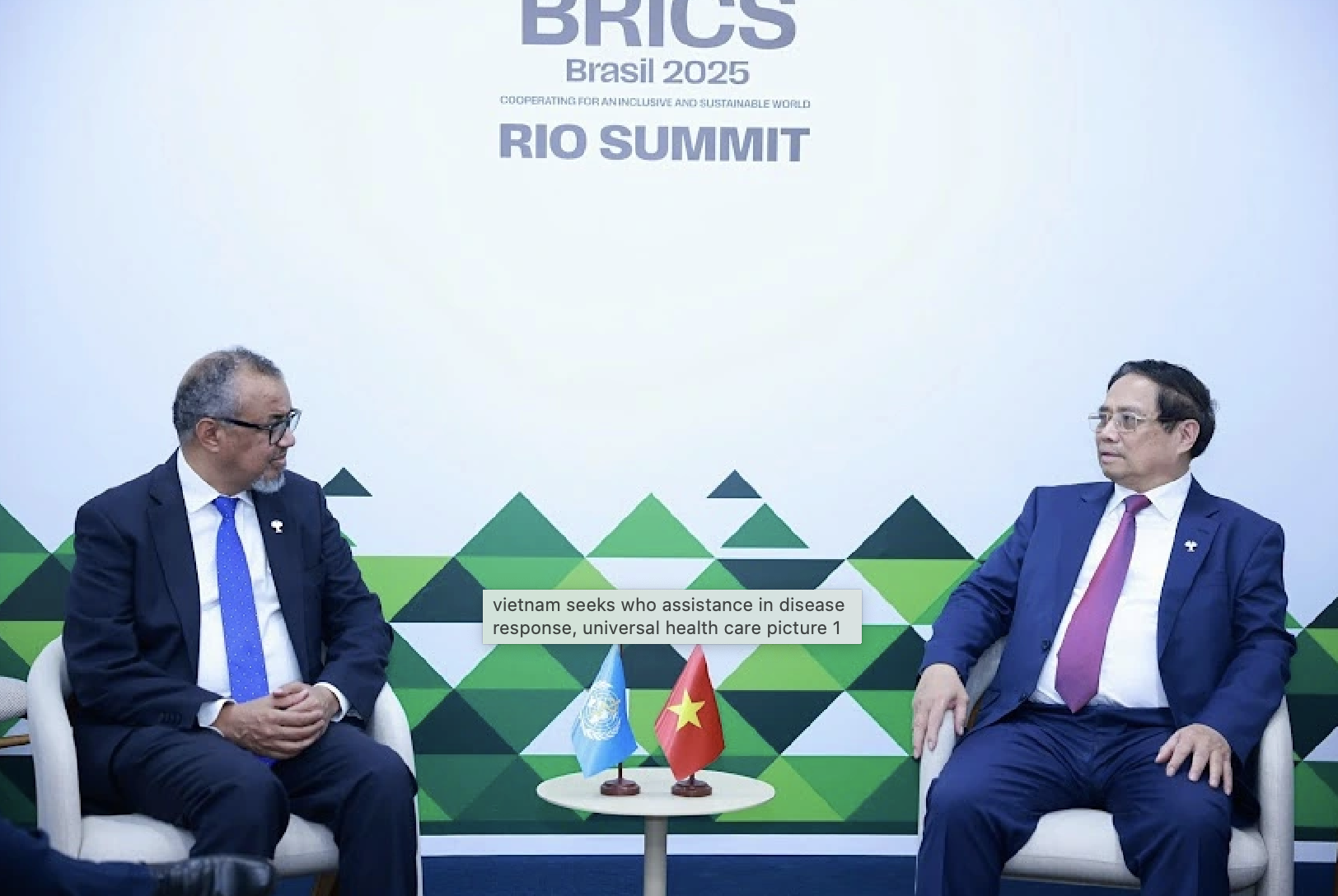
Vietnam seeks WHO assistance in disease response, universal health care
The WHO Director-General praised Vietnam’s strong health policies and affirmed continued support in strengthening grassroots healthcare and public health systems. Prime Minister Chinh highlighted Vietnam’s shift toward prevention-focused healthcare and called for...
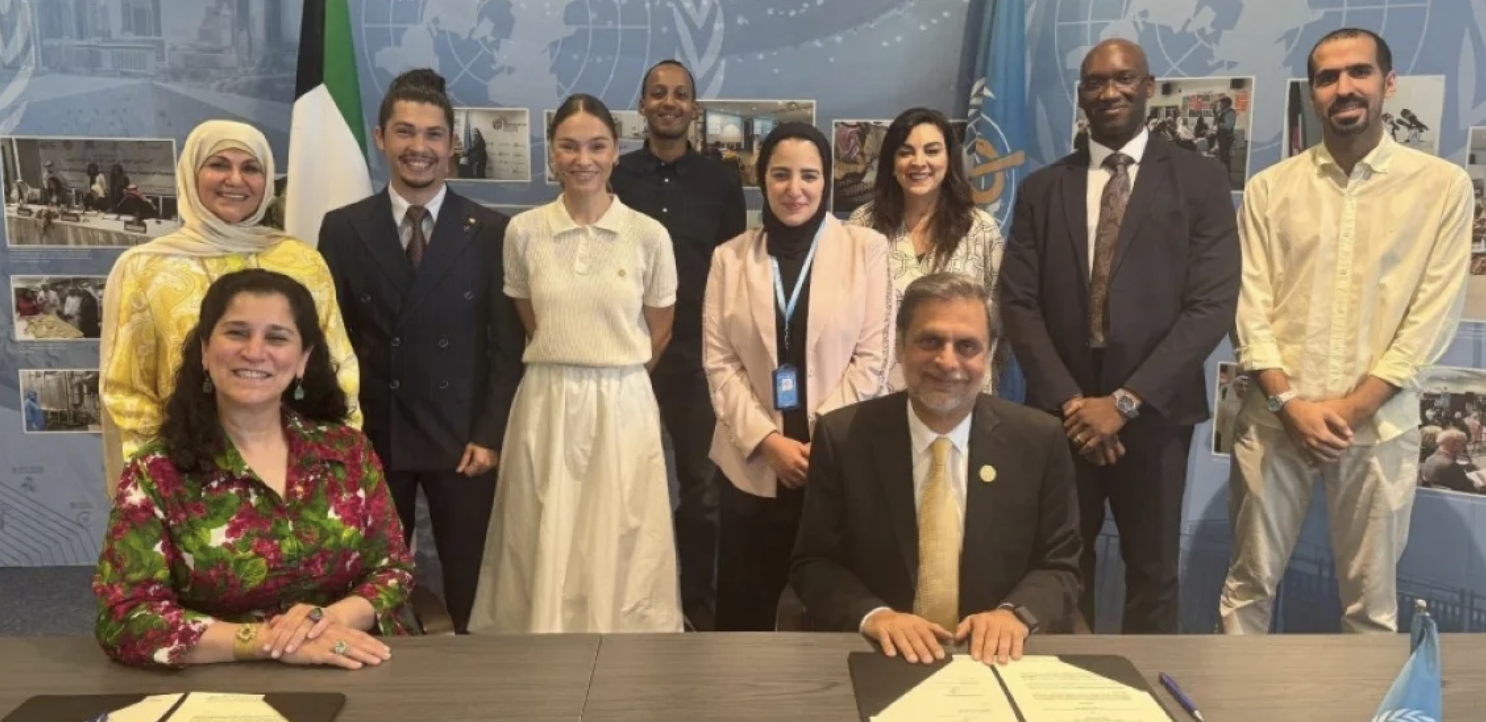
WHO, Alnowair ink MoU to advance mental health, universal health coverage in Kuwait
The WHO Country Office in Kuwait and Alnowair have signed a Memorandum of Understanding to collaborate on promoting mental health, advancing universal health coverage, and enhancing community engagement, especially among youth. This partnership aims to empower...
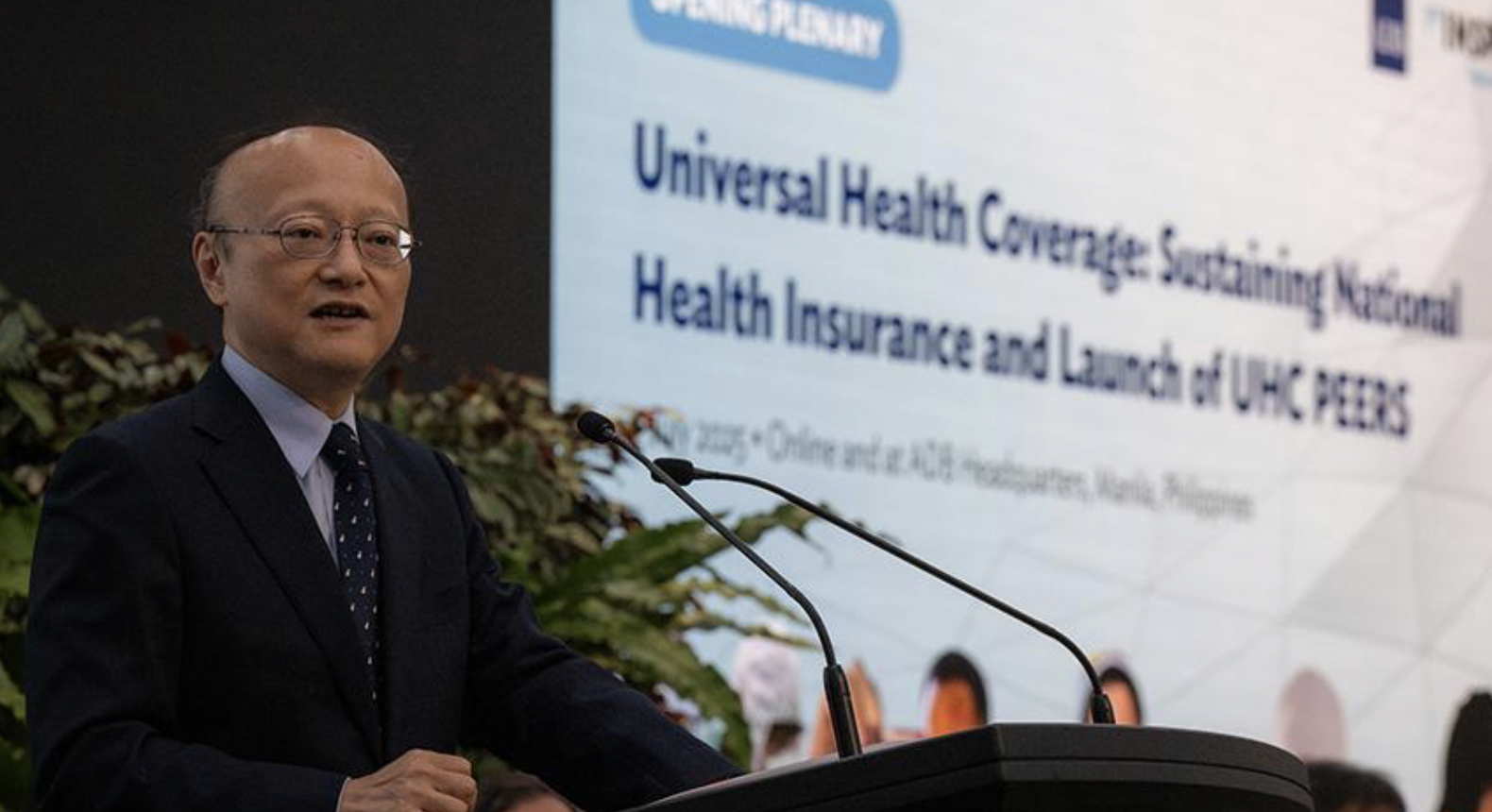
ADB Launches Regional Network to Accelerate Universal Health Coverage in Asia and the Pacific
The Asian Development Bank (ADB) has launched the UHC PEERS network to facilitate peer-to-peer learning and accelerate universal health coverage across Asia and the Pacific, enabling countries to share solutions for expanding health access and strengthening health...
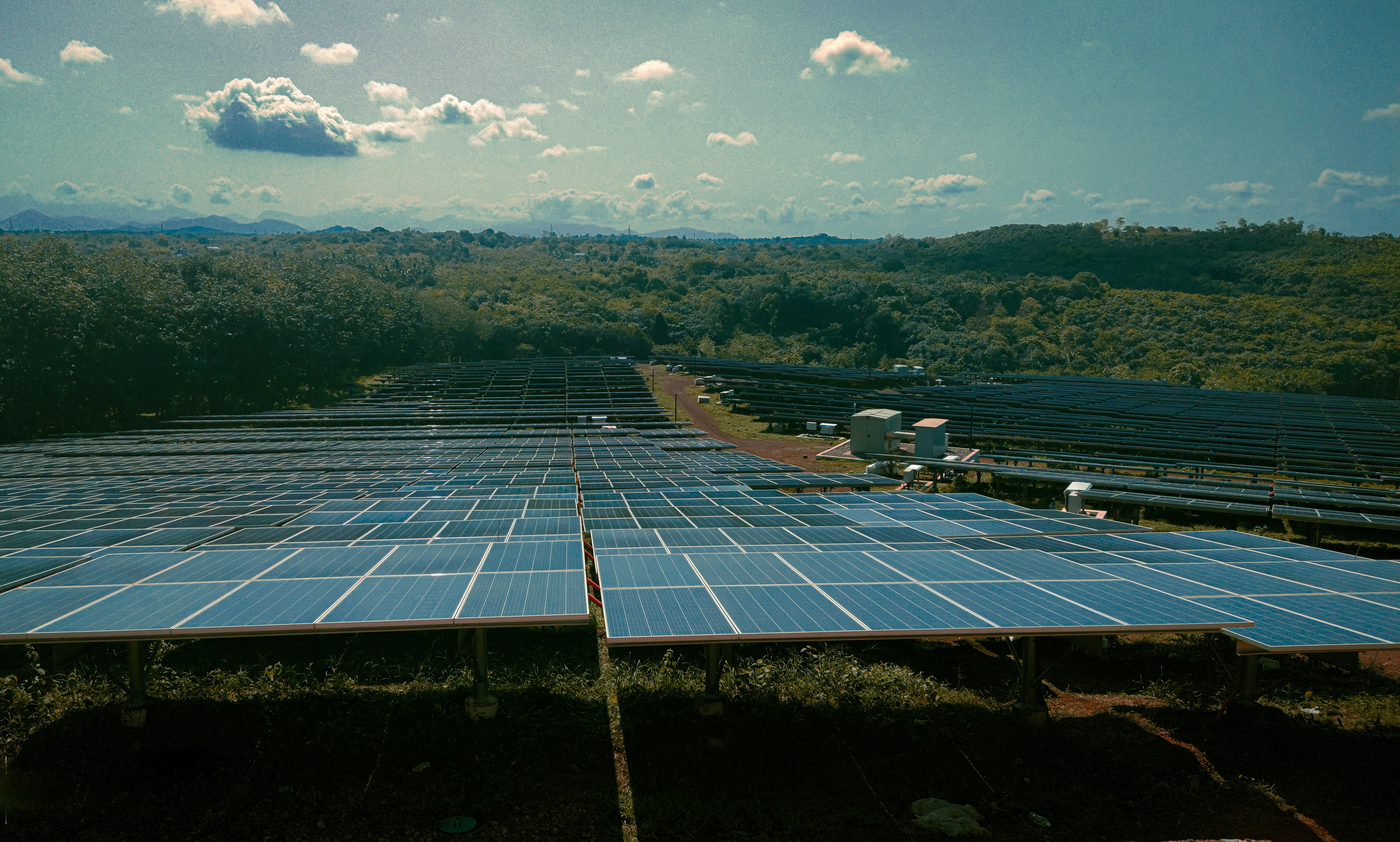
Empowering the Health Sector Through Solar Access: A Lifeline for Zimbabwe’s Medical Facilities
The installation of solar power in over 200 rural health facilities across Zimbabwe has enabled uninterrupted medical care, improved vaccine storage, and expanded access to essential health services, resulting in higher vaccination rates and reduced disease...
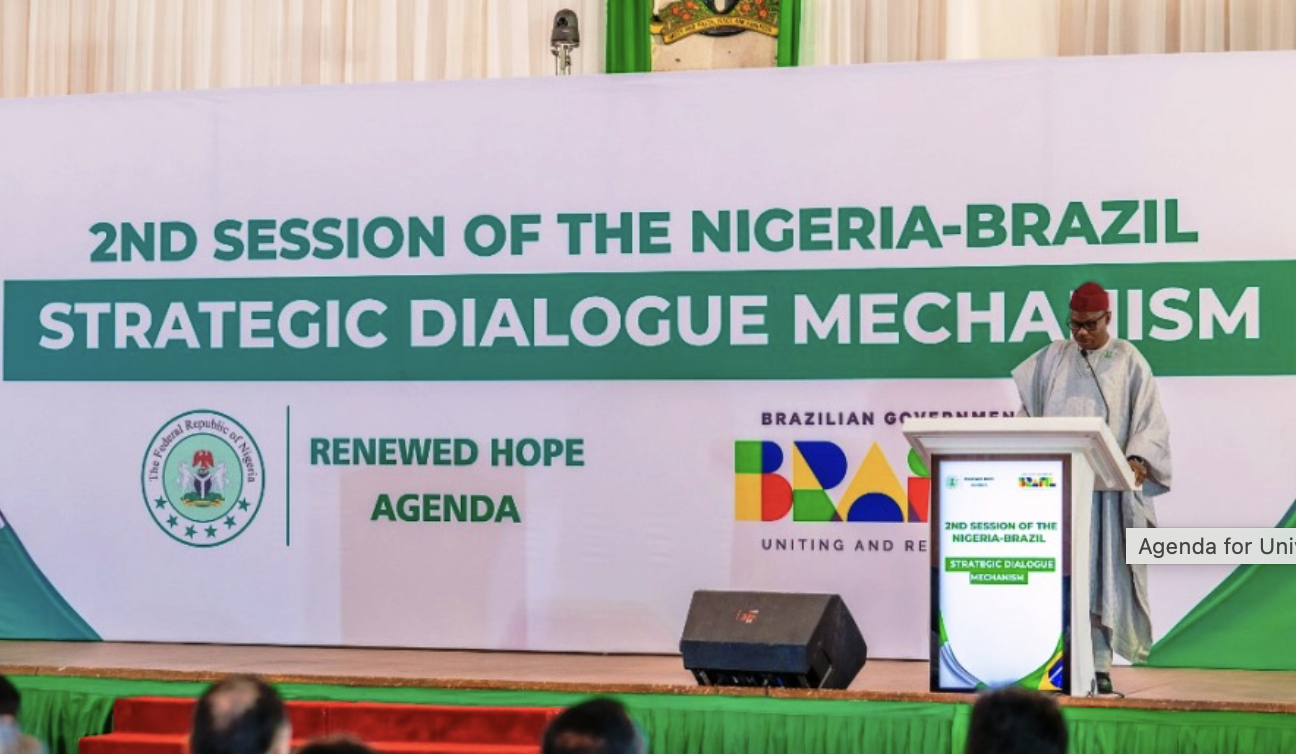
Nigeria seeks deeper health ties with Brazil, unveils bold agenda for Universal Health Coverage
The Federal Government of Nigeria has reaffirmed its commitment to Universal Health Coverage by deepening strategic health sector cooperation with Brazil, focusing on local pharmaceutical production, digital health, and workforce development, while drawing lessons...
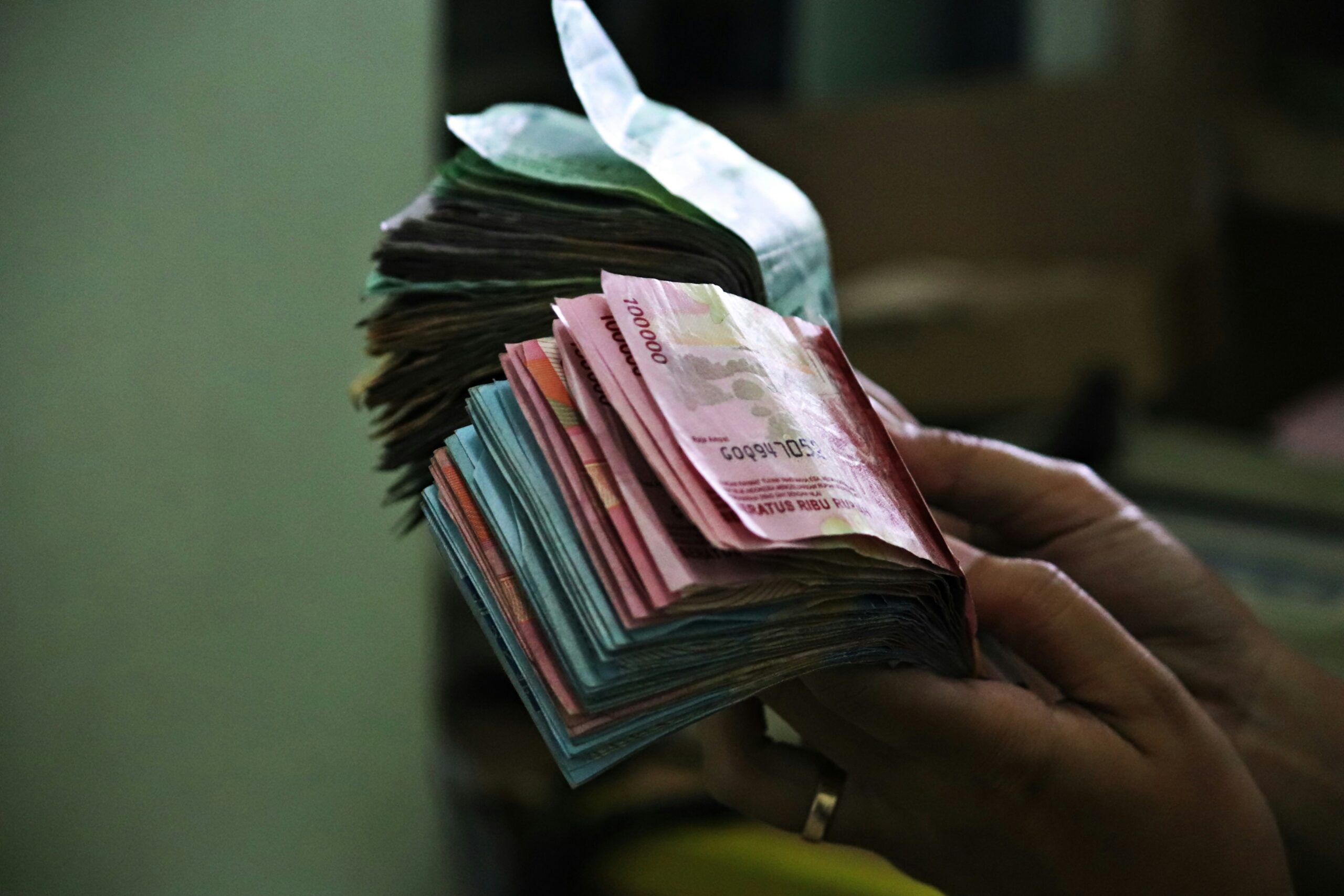
Botswana commissions health financing study amid aid cuts
Botswana has launched a comprehensive health financing study to track healthcare and HIV and AIDS funding and improve resource allocation and policy planning amid declining international donor support. The findings are expected to guide sustainable financing...
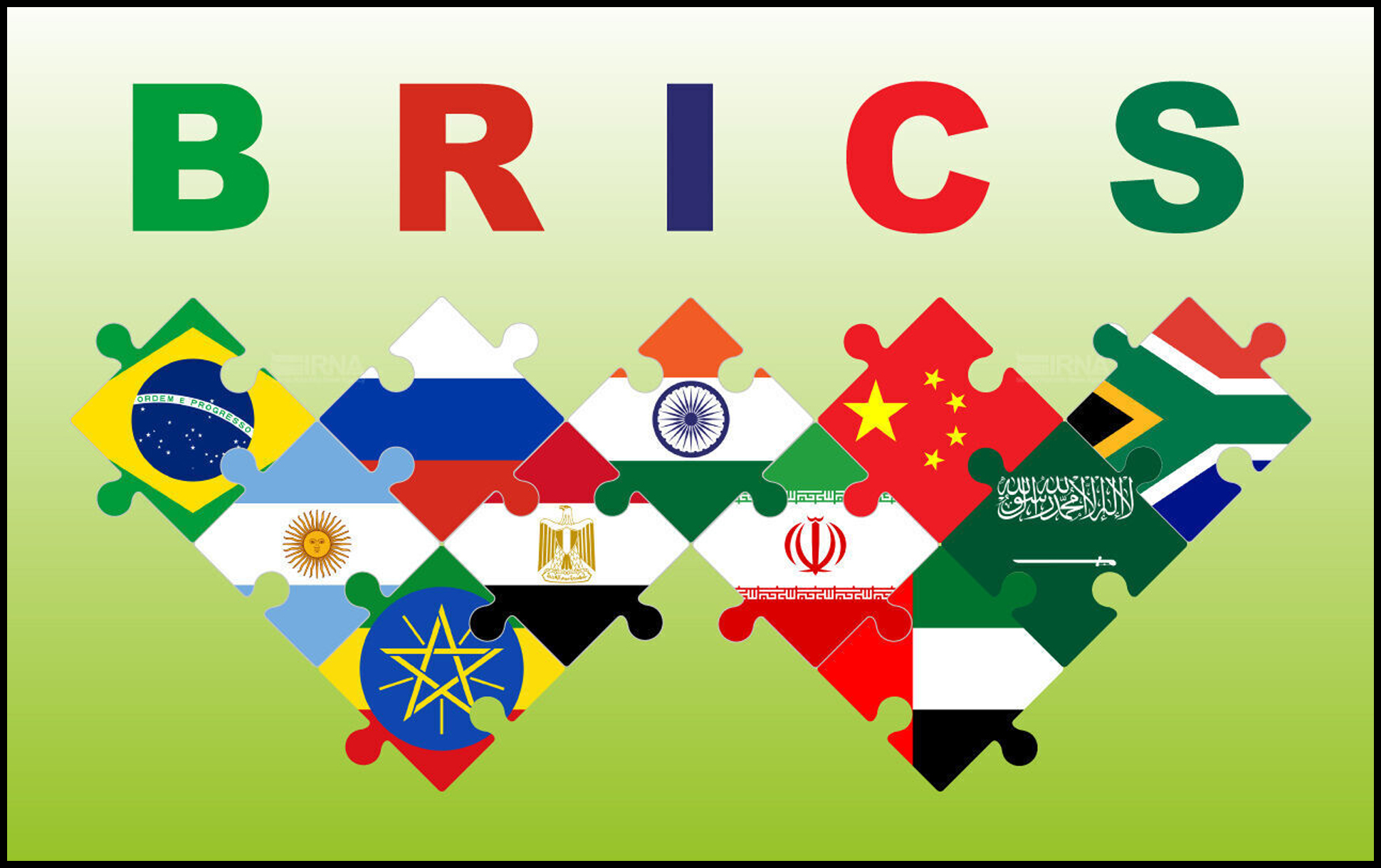
Ethiopia Joins Brics Health Talks, Backs Stronger Global Cooperation
At the 15th BRICS Health Ministers' Meeting in Brasília, Ethiopia reaffirmed its commitment to global health equity, emphasizing the need for resilient health systems and progress toward Universal Health Coverage. The country also called for enhanced cooperation among...
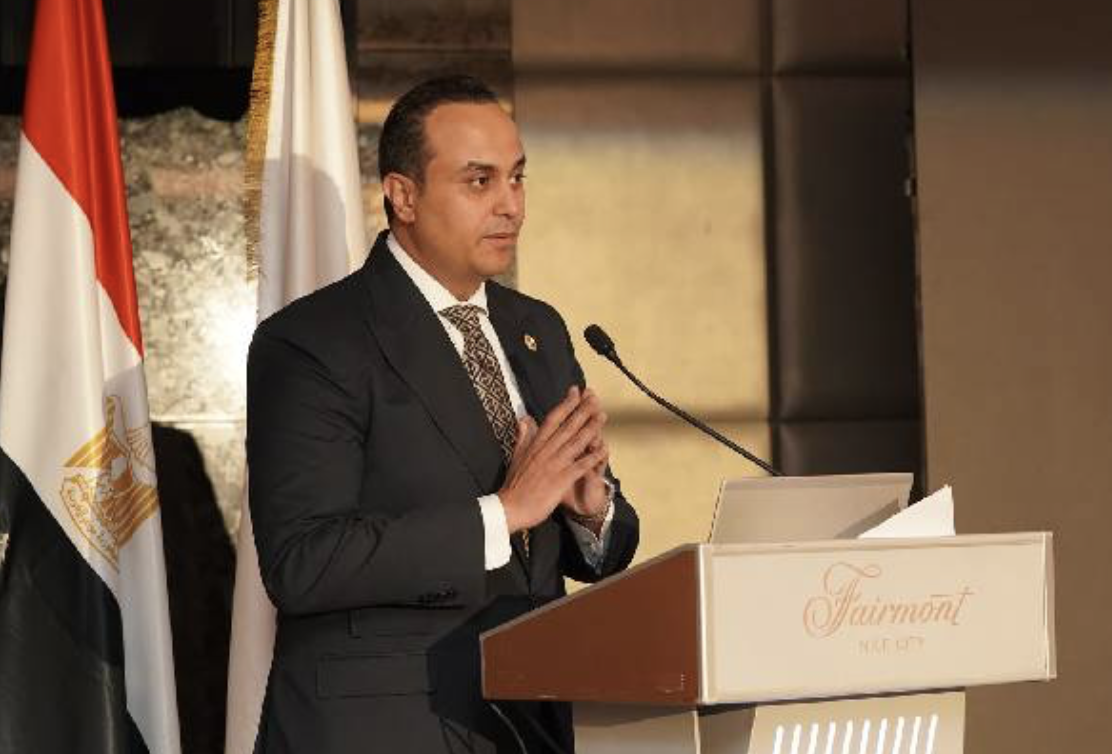
Egypt steps up health reform with Japan-backed universal coverage initiative
The Egypt Healthcare Authority, in partnership with JICA, has launched the E-PaCC project to expand patient-centred care by 2027, as part of Egypt’s broader healthcare reform. This initiative, which includes international partnerships and advanced quality tools,...
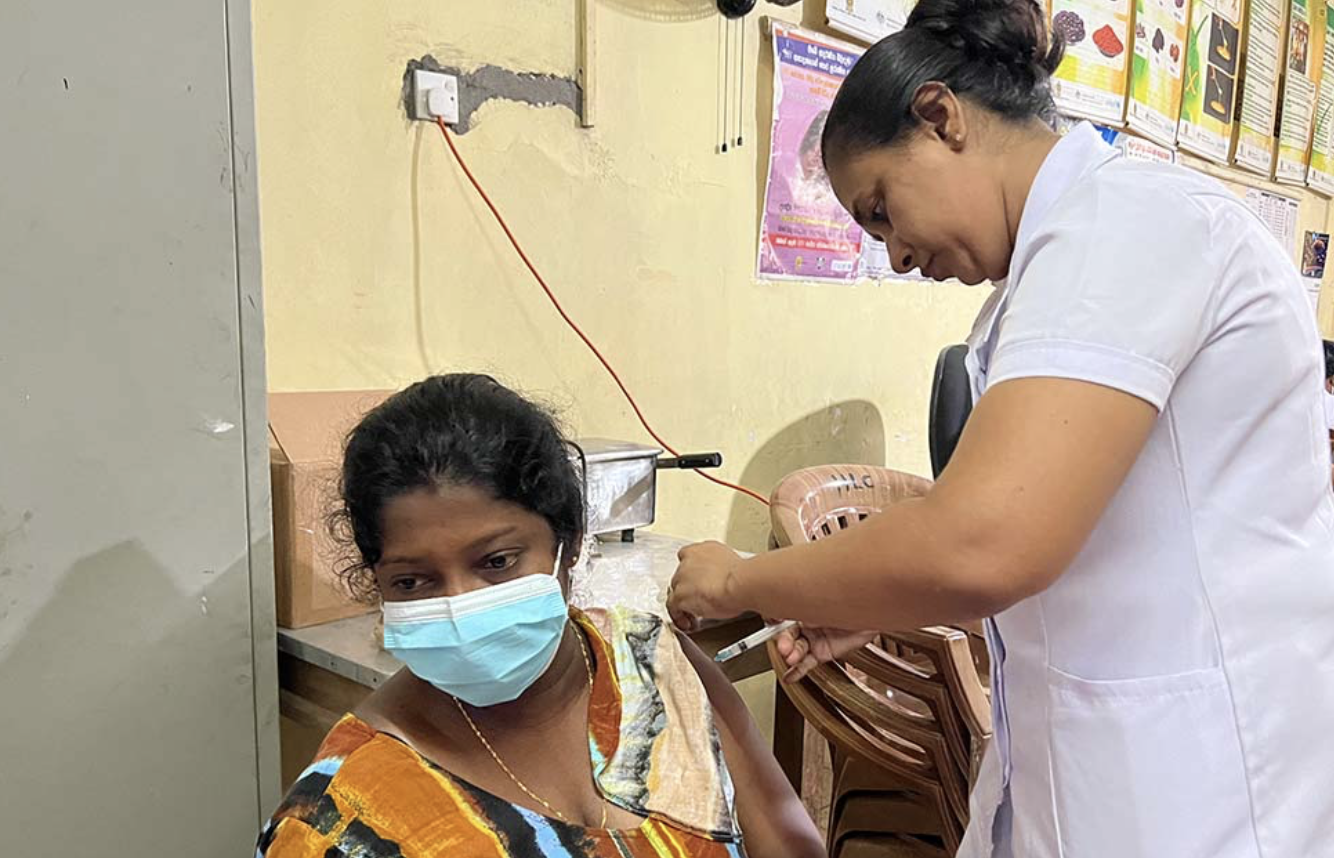
How Sri Lanka’s immunisation system is weathering an economic crisis
M. P. Nirmala, a 26-year-old woman who is a few weeks pregnant with her first child, embodies the confidence many Sri Lankan mothers feel about the country’s healthcare system. At the Divisional Hospital Thalangama, located about 9 kilometers from Colombo, Nirmala...
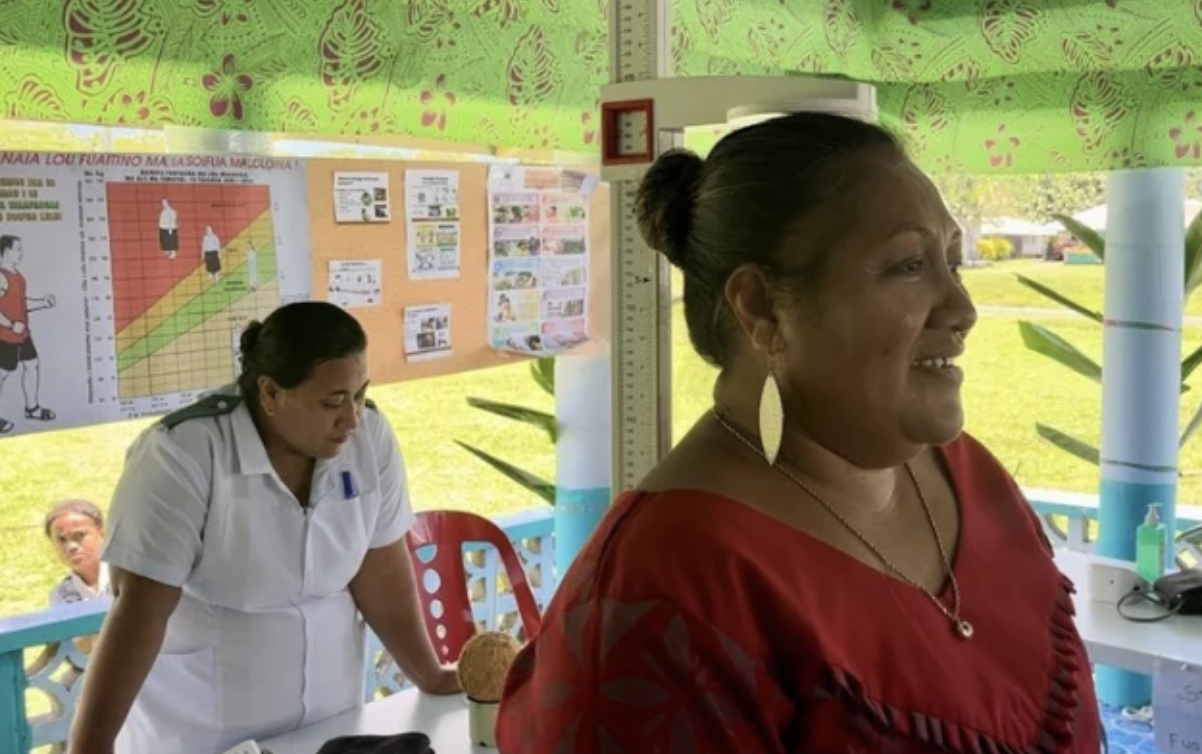
Transforming Health Care Access in the Pacific Islands
The COVID-19 pandemic revealed the need to invest in the service capability and resilience of the health systems of Pacific Island countries. Responding to this need, the World Bank launched three Health System Strengthening operations in Samoa (2020), Kiribati...

ADB to help Uzbekistan establish public-private partnerships to manage 5 specialized hospitals
The Asian Development Bank (ADB) will support Uzbekistan's Ministry of Health and Ministry of Economy and Finance in implementing a public-private partnership program to manage five specialized hospitals in Tashkent, aiming to enhance healthcare quality and...
